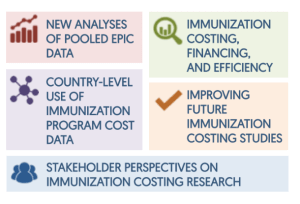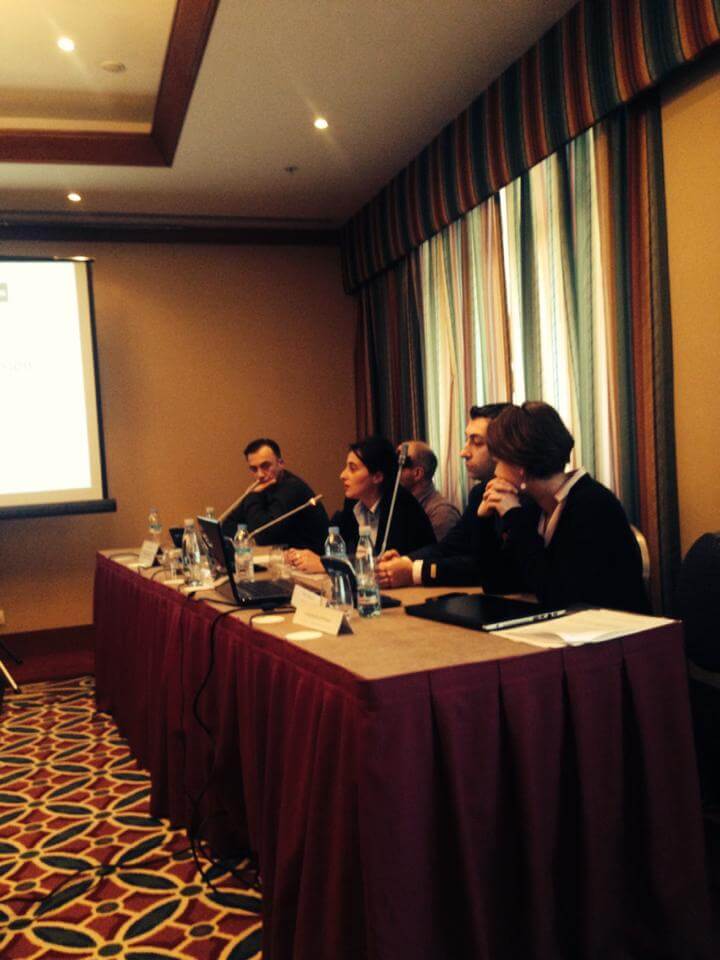Status: Closed
Introduction and Overview
In Georgia HCV treatment has become accessible to the population through a new government initiative. This initiative entails the provision of costly HCV treatment drugs at a lower cost (60% lower than the market price) to the patients who have completed HCV diagnostic testing. The hepatitis C program has been placed high on the country’s political agenda, which demonstrates the priority of this public health problem. Since 2008, harm reduction programs operating in all major cities of Georgia provide free HCV antibody testing to PWIDs along with other preventive interventions. On average 2,000 IDUs get tested, and around 50% screen positive for exposure to HCV annually. Although preventive programs encourage HCV positive individuals to continue with further diagnostic procedures and treatment, the care and treatment outcomes for these individuals is unclear. Greater knowledge regarding the facilitators and barriers to diagnosis and care is urgently needed to ensure the country provides the most effective coverage of the population, and to help guide the implementation and refinement of the government’s new hepatitis C program.
Organizations involved in the research
The Curatio International Foundation (leading), Public Union Bemoni (partner) and New York University College of Nursing have considerable experience in the field of public health research, qualitative research methods, HCV research and studies with PWIDs.
Expected Results and Their Application
The implementation of this research will generate evidence that will in turn inform the future design of the Hepatitis C program. Specifically, the research findings will help to identify the barriers and facilitating factors to providing adequate HCV care and treatment. Additionally, it will assist in guiding the design of strategies to remove these barriers and enhance enabling factors, thus increase the effective coverage of the program.
Sustainability Implementation Plan
In Georgia there is no evidence regarding the factors that influence PWIDs decision to take the HCV test and to seek treatment following a positive test. Moreover, since the introduction of the government’s Hepatitis C program, there is a changing context (a decrease in the financial barriers), the influence of which, is interesting to investigate. Therefore, the findings of this research will be unique

 This study documented that after 3 years of the MIP implementation the program successfully managed to reduce financial access barriers for the MIP covered individuals by delivering greater financial benefits to the poorest. Although the MIP did not facilitate growth in health care utilization for all beneficiaries, positive trends were observed among capital city residents.
This study documented that after 3 years of the MIP implementation the program successfully managed to reduce financial access barriers for the MIP covered individuals by delivering greater financial benefits to the poorest. Although the MIP did not facilitate growth in health care utilization for all beneficiaries, positive trends were observed among capital city residents. On January 29, at Courtyard Marriott Hotel was held a Civil Society Forum organized by Country Coordination Mechanism. The forum was part of country dialogue process regarding HIV/AIDS and Tuberculosis issues. During the meeting, civil society representatives shared results of their work and challenges that still exists.
On January 29, at Courtyard Marriott Hotel was held a Civil Society Forum organized by Country Coordination Mechanism. The forum was part of country dialogue process regarding HIV/AIDS and Tuberculosis issues. During the meeting, civil society representatives shared results of their work and challenges that still exists.